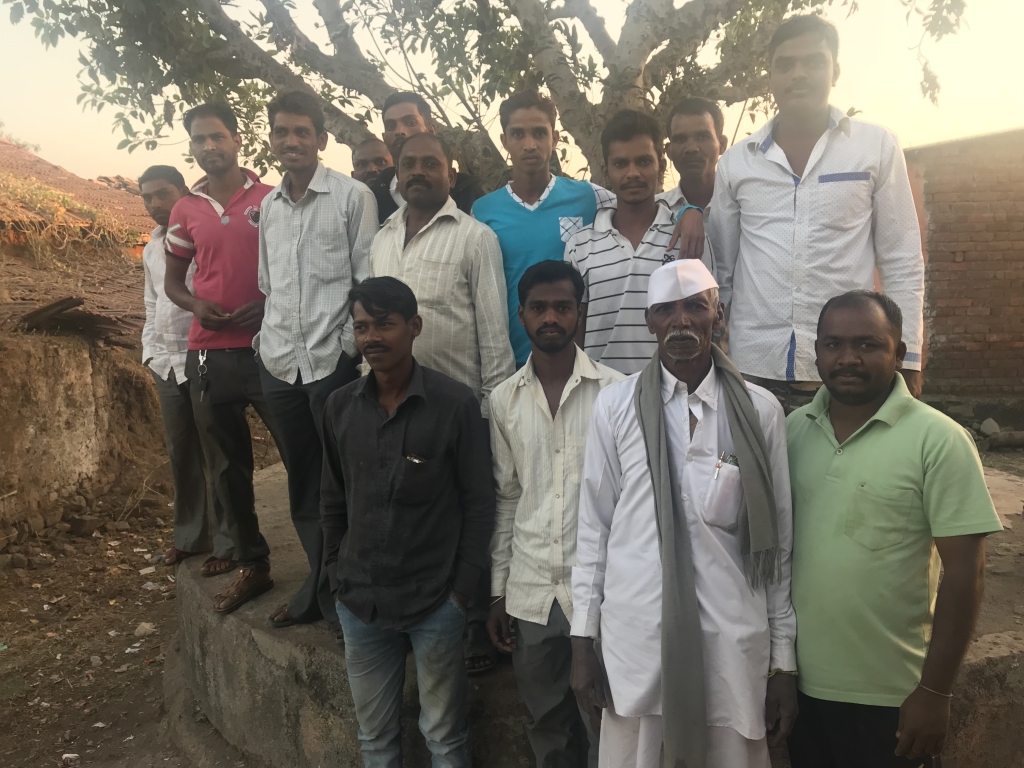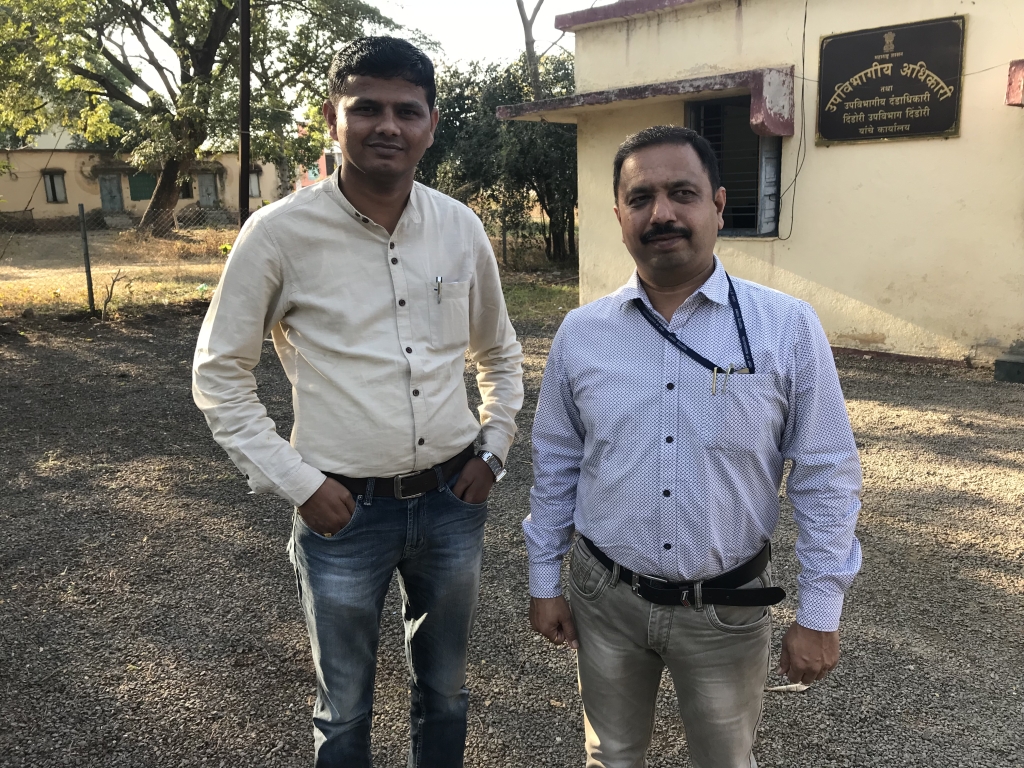Has Aadhaar Worked For Rural India?
Alex Mathew @alexandermats
Aayush Ailawadi @aayush_a6
28 January 2018, 8:16 PM28 January 2018, 3:05 AM
Over the past couple of years, Aadhaar has grabbed the headlines on a lot of occasions. From the apex court to news shows to tweets — a lot of people have said a lot of things about the world’s largest biometric identity programme. Concerns have ranged from privacy and security to law and ethics. Amidst all of this, the original intent behind the Aadhaar Act or the scheme itself took a back-seat. The legislation explains that very succinctly in the first line of its purpose clause, “An Act to provide for, as a good governance, efficient, transparent, and targeted delivery of subsidies, benefits and services.”
BloombergQuint went into rural Maharashtra to understand how the Aadhaar programme has changed the lives of those people who rely on it for the efficient and transparent delivery of subsidies, benefits and services.
First Stop: Ramshej Village
A little over 200 kilometers from Mumbai is a small village in Maharashtra called Ramshej. On Thursday, the villagers lined up in serpentine queues outside Devidas’s ration shop. They are each entitled to a set amount of food grains a month under the Public Distribution System. But, some of them have had to go back empty handed The reason — their fingerprints are failing to authenticate their identity on the Aadhaar based electronic Point of Sale (e-PoS) device at Devidas’s shop. A lot of the villagers availing the benefits of the scheme have hands worn-out by rigorous farm work and some due to old age. While the UIDAI has come up with a modern-day solution for this problem by using facial authentication — on an as-per-need basis — in conjunction with other authentication methods, it will only be rolled out in July. Also, a lot of the villagers don’t own mobile phones or have an email address, which means that they can’t receive an OTP or one time password. The e-PoS machine provided to Devidas has not had a very high success rate, for a number of reasons: from software issues and connectivity problems to the fingerprint mismatch. But, the villagers have tried every tool at their disposal.
At times, they call their kids from school only to authenticate the transaction and send them back to school once it is successful.
Next Stop: Koliwada Village
 The residents of Koliwada village, 250 kilometers from Mumbai. (Photographer: Yatin Nawar/BloombergQuint)
The residents of Koliwada village, 250 kilometers from Mumbai. (Photographer: Yatin Nawar/BloombergQuint)Similar issues are faced by the residents of Koliwada village. The village sarpanch told BloombergQuint that instead of making things more convenient, Aadhaar has made things tougher for them. A college student from the village backs him up saying that when he attempts to link their Aadhaar with a bank account or for a SIM card, the vendor asks him for an extra Rs 100 just to facilitate the transaction.
 The Deputy Tehsildars of Dindori. (Photographer: Yatin Nawar/BloombergQuint)
The Deputy Tehsildars of Dindori. (Photographer: Yatin Nawar/BloombergQuint)The Tehsildar’s office in Dindori looks at complaints related to Aadhaar for the entire taluka, consisting of 155 villages. Abasaheb Tambe, the deputy Tehsildar understands the authentication issues the people are facing, but he says that Aadhaar has ensured that the right person receives due benefits. Tambe adds, “We have done a number of things to solve these issues. For instance, in one ration card there are five beneficiary names. So, if one member’s fingerprints don’t match we tell the villagers to get any one of the other four family members to authenticate themselves for the rest of the family.”
BloombergQuint
